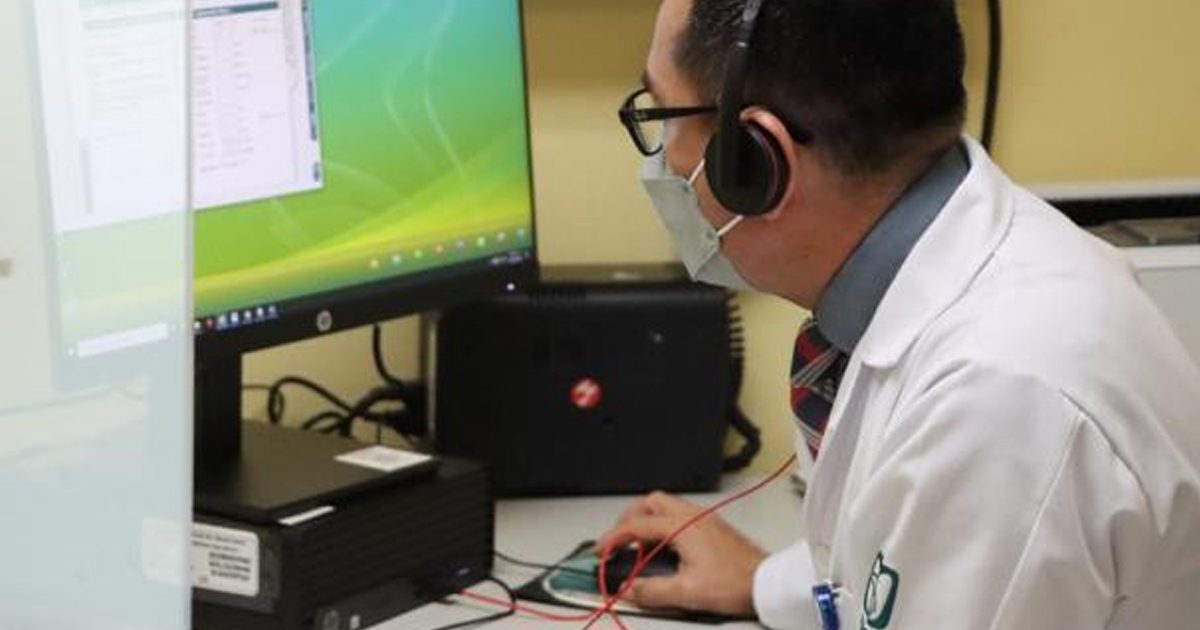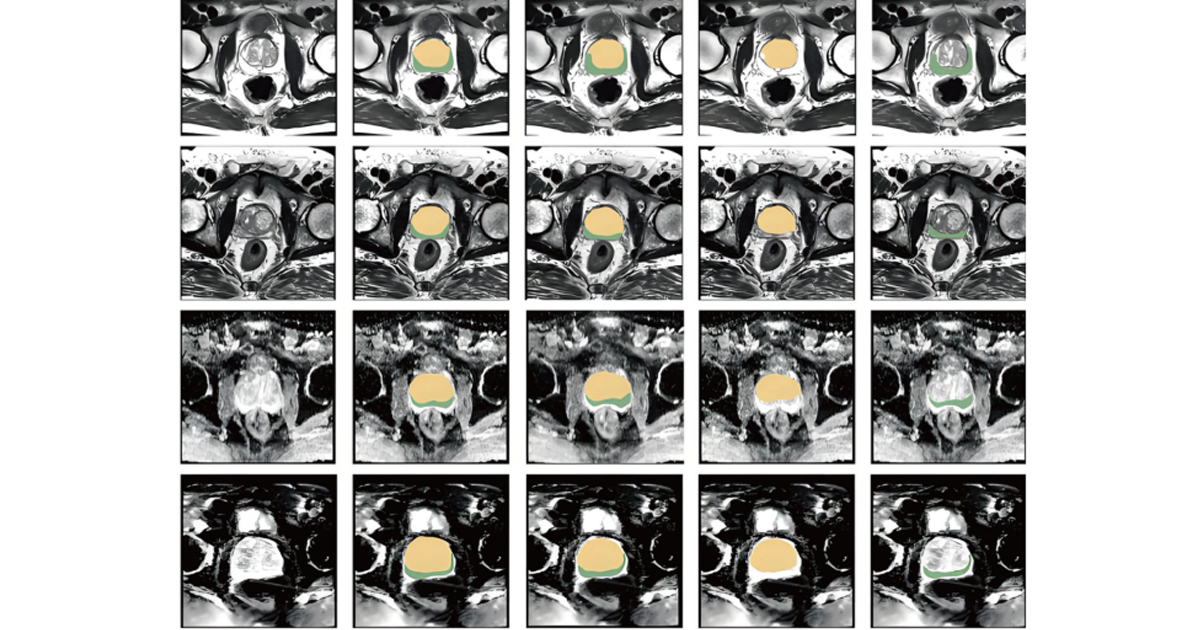Luis Tejerina, especialista de la División de Protección Social y Salud del Banco Interamericano de Desarrollo, resaltó los logros y los retos que ha atravesado la Digital Health en la región durante la pandemia.
Luis Tejerina, especialista en salud en el Banco Interamericano de Desarrollo (BID), realizó una entrevista para Revista Digital Health Latinoamérica, en su edición de marzo. En dicha entrevista, Tejerina explicó y planteó los desafíos que enfrenta la Digital Health en el contexto latinoamericano, y resaltó la necesidad de desarrollar políticas y agendas digitales para impactar a la población y lograr la transformación digital.

“Es importante notar que cuando comenzó la pandemia ya veníamos con un rezago en temas digitales,” explicó. También reconoció que menos del 35% de los países de la región de Latinoamérica y el Caribe cuentan con normativas que respalden el uso de la historia clínica electrónica, o que solamente el 45% de los hogares cuentan con solamente banda ancha móvil. La posible solución que propone Tejerina es que se requieren fuertes inversiones de parte de los gobiernos.
En cuanto a los retos y logros de la Digital Health en la región latinoamericana y del caribe, explica que: “hay estudios que nos muestran que la historia clínica electrónica, mejora la calidad del servicio, incrementa la adherencia a áreas clínicas, elimina la duplicación de exámenes innecesarios y evita efectos adversos de los medicamentos”. También explicó que el uso de Artificial Intelligence puede evitar muertes, por ejemplo, causadas por sepsis, pues ha logrado tasas de reducción de mortalidad en un 25% en hospitales de Brasil. Por otra parte, resaltó que la telemedicine cuenta con evidencia suficiente para determinar que su uso tiene resultados similares o mejores a la atención tradicional, a pesar de sus limitantes.
Los retos que identifica Tejerina son el desarrollo de agendas digitales de salud, así como consideraciones legales y la implementación de estándares comunes de interoperability. “Resolver estos problemas nos van a llevar hacia un futuro seguro y digital en el segmento de salud en América Latina”.
El 53% de los países de la región tiene algún tipo de estrategia de Digital Health, sin embargo, se deben definir roles y responsabilidades con todos los actores participantes, ya sean las autoridades sanitarias, el sector privado o los pacientes. Tejerina explica la necesidad de articular tres líneas estratégicas: marcar el norte en cuanto a los objetivos, hacer disponible toda la infraestructura para montar la estrategia de servicios digitales y la estrategia en sí misma.
REVISTA DIGITAL HEALTH LATINOAMERICA







